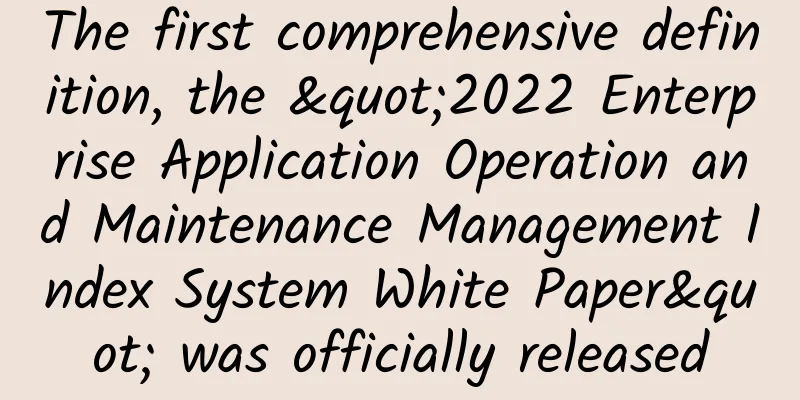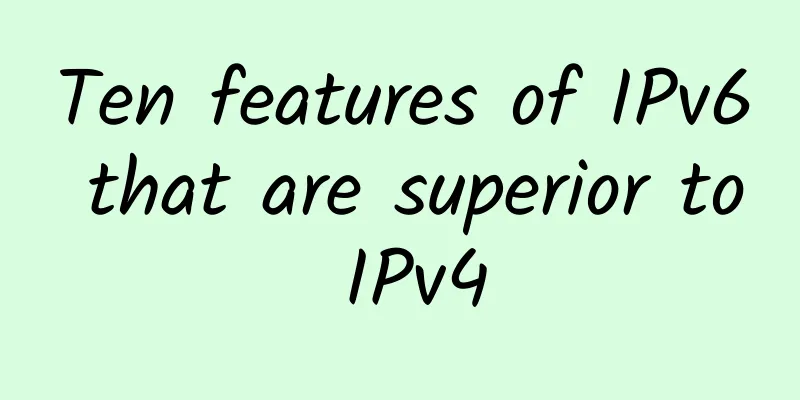31 giants including Microsoft and Google form an alliance to prevent any company from dominating the 5G market

|
May 7 report: Foreign media said that 31 technology and telecommunications companies announced the establishment of an alliance today, strongly demanding an "open and interoperable" 5G wireless system to eliminate dependence on a single supplier. The move to form an alliance comes amid an intensifying global debate over the sensitive deployment of ultra-fast 5G networks in a market dominated by Huawei, Nokia and Ericsson. The newly formed Open RAN Policy Coalition says an open standards system for competitive bidding for various components in a "radio access network" would avoid reliance on any single technology supplier. The alliance, which is made up of 31 companies, lets (wireless) network providers know there are options other than "a single vendor with a closed proprietary system," said Diana Rinaldo, the alliance's executive director. The alliance includes big technology companies such as Microsoft, Google, IBM and Cisco; U.S. carriers such as AT&T and Verizon and global operators such as Vodafone, Rakuten and Telefonica; and hardware and chip makers such as Qualcomm, Intel and Samsung. "This alliance was not created to allay concerns about a particular company, but to discuss the need to have a robust supply chain to prevent any one company from dominating the market," Rinaldo told AFP. “As the current global pandemic has demonstrated, vendor flexibility in next-generation network deployments is necessary from both a security and performance perspective,” Rinaldo said. “By pursuing policies that promote standardization and the development of open interfaces, we can ensure interoperability and security among different players and potentially lower the barriers to entry for new innovators,” he said. Rinaldo said the alliance is pushing for private networks to be established in the United States, with the federal government helping to build diverse supply chains and funding research into these open networks. The alliance noted that most mobile networks typically use fully integrated systems where the radio, hardware and software are provided by a single manufacturer. The alliance said open systems can work as long as standards are consistent. It also said there were examples of successful deployments of 4G or 5G networks using open standards in Japan, India and other parts of the world. According to a report on the Hong Kong South China Morning Post website on May 6, global technology companies such as Google, Samsung, Cisco and Vodafone have joined forces to urge US lawmakers to provide financial support for the research and development of next-generation technologies that use open wireless access channels. On the 5th, 31 companies announced the formation of an organization called the Open Radio Access Network Policy Alliance to change the way cellular tower-based radio access networks operate and support the development of software-based virtual 5G networks. The Radio Access Network (RAN) is the part of a telecommunications system that connects devices to the rest of the network via wireless connections. Open RANs mean that 5G infrastructure can be built without the need for expensive, specialized hardware. James Lewis, director of the technology and public policy program at the Center for Strategic and International Studies, said the opening of wireless access networks "changes the business model facing all telecom providers, shifting telecom services to software and cloud computing rather than dedicated hardware." "This is just one component of new network technology," Lewis said. "The full fix is not there yet, but it will change how and where service providers buy equipment." The Open Radio Access Network Policy Coalition, which counts AT&T, IBM, Microsoft, Verizon, Rakuten Mobile and Telefonica among its members, said the change would allow a wide range of vendors to operate the system interchangeably, avoiding a situation where one company had to provide all the infrastructure. The alliance is urging the U.S. government to fund the development of open radio access networks, test open networks and provide incentives to diversify technology supply chains, a growing concern among policymakers as 5G technology becomes dominated by China. This is not the first organization formed to promote open interface standards. In February 2018, a group of global technology companies formed a similar alliance in Germany, with China Mobile, a giant in the Chinese telecommunications sector, as a founding member. The alliance members announced on the 5th come from a wide range of fields, from network hardware and component suppliers, cloud computing giants to software and wireless companies, which shows the wide range of private enterprises interested in this action. From a geographical point of view, multiple multinational telecom operators in the United Kingdom, Spain and Japan have also joined the action. |
<<: Why MAC addresses do not need to be globally unique
Recommend
What kind of ERP system do we need in the post-epidemic era?
In recent years, as the Internet has gradually pe...
How often does an Ethernet cable lose signal?
While many of us connect to Wi-Fi to browse the w...
ZJI Double 11 recharge 1000 yuan to get 100 yuan, Hong Kong high-defense server lifetime 50% discount, regular server 20% discount
ZJI was founded in 2011 as Weixiang Host, a well-...
Interesting, 5G base station and fire hydrant logo combined
Following the integration of 5G base stations wit...
Are you still worried about network operations? SD-WAN is here to save you!
Software-defined WAN or SD-WAN is a great example...
10gbiz VPS 60% off, Hong Kong CN2 GIA line from $2.75/month, Los Angeles CN2 line from $2.99/month
10gbiz is a foreign hosting service provider foun...
Maxthon Host Double 11 25% off, top up 311 yuan and get 111 yuan free, Hong Kong/Korea/Netherlands/Germany/USA CN2 line
Maxthon Hosting has released a promotional plan f...
Gcore: Khabarovsk/Vladivostok KVM from 1.08 Euros per month, 488M memory/8G hard disk/288G monthly traffic
G-core (gcorelabs) has been shared several times ...
Approaches to Solving Multiradio Hardware Design Challenges
The combination of multi-radio and multi-protocol...
Relay2 launches edge computing cloud solution to reshape the innovative value of networks and services
[51CTO.com original article] With the rapid devel...
RAKsmart: Bare metal cloud server flash sale from $49/month, 125~253IP bare metal cloud cluster server from $130/month
RAKsmart offers a series of promotional products ...
Ministry of Industry and Information Technology: China's 5G investment reached 184.9 billion yuan in 2021
On January 25, China's Ministry of Industry a...
Who made a comeback! Operators' February data: China Unicom's 5G business ushered in a highlight moment
[[389252]] Yesterday, the three major operators a...
F5: Now is the time for digital transformation
On February 1, 2018, the annual core media commun...
South Korea's three major operators launch service to convert paper documents into text messages
SK Telecom, Korea Telecom and LG Uplus have teame...









